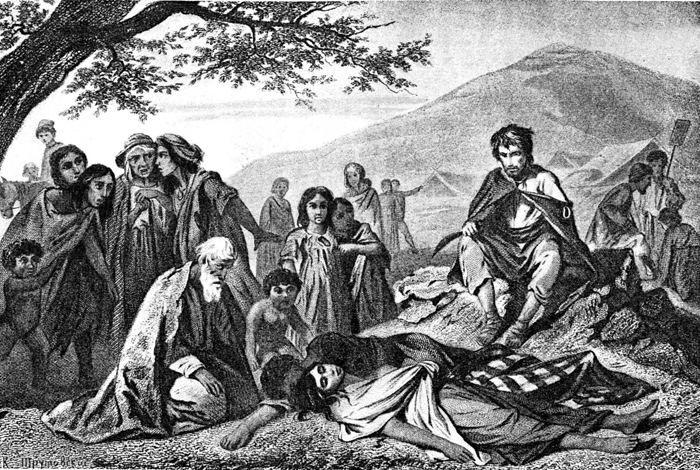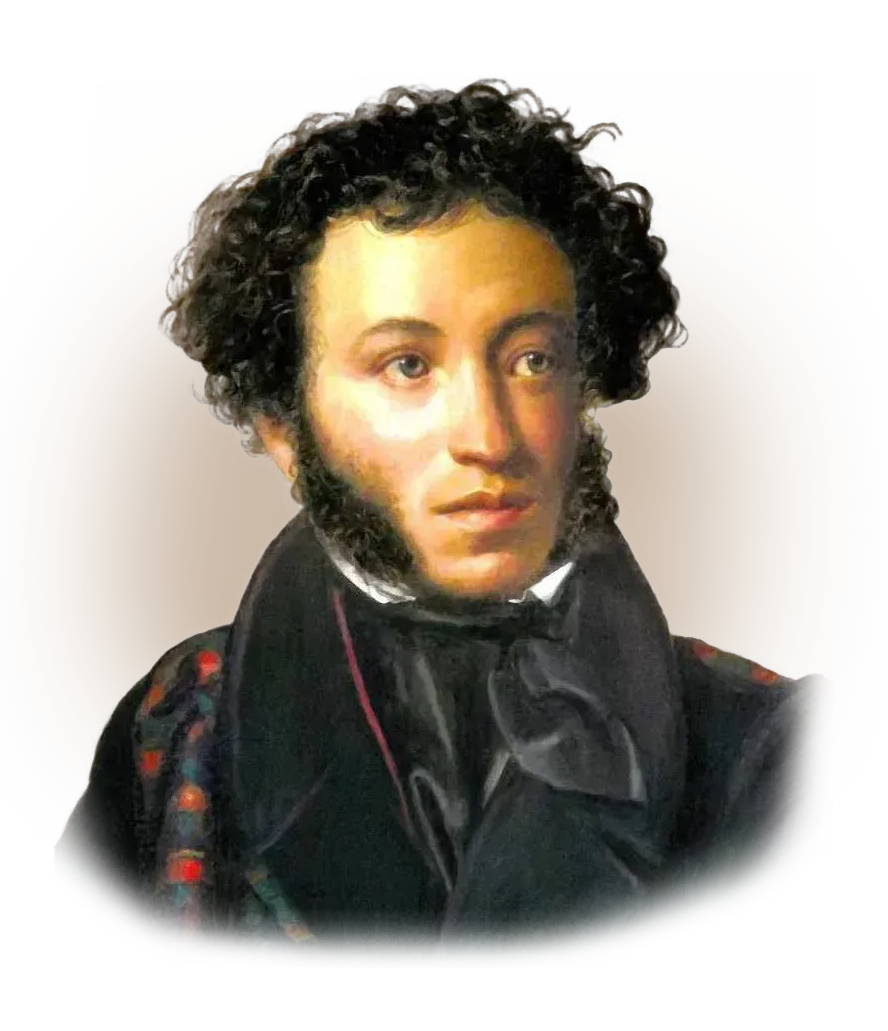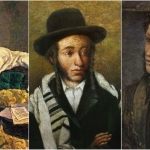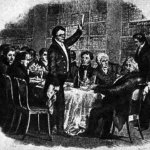
25.04.2023
“Gypsies” is a narrative poem by Alexander Pushkin that tells the story of a young nobleman who falls in love with a beautiful gypsy girl and becomes entangled in a web of passion, jealousy, and violence.
The main idea of the poem is the theme of the destructive power of love and desire. Pushkin portrays the intense emotional turmoil that the young nobleman experiences as he struggles to reconcile his love for the gypsy girl with the social and cultural norms that forbid their union. His desire for her leads him to abandon his privileged life and follow her into a world of poverty and danger, where he ultimately loses everything he holds dear.
At the same time, the poem also explores the theme of social and cultural boundaries and the tension between different classes and cultures.
Pushkin portrays the gypsies as exotic and mysterious figures, set apart from mainstream society by their customs, language, and way of life. The nobleman’s attraction to the gypsy girl represents a rebellion against his own privileged upbringing and the rigid social hierarchy of his time.
Overall, “Gypsies” is a powerful and tragic poem that explores the complex themes of love, desire, social boundaries, and the search for personal identity. It is a testament to Pushkin’s literary genius and his ability to capture the essence of the human experience in all its complexity and richness.





